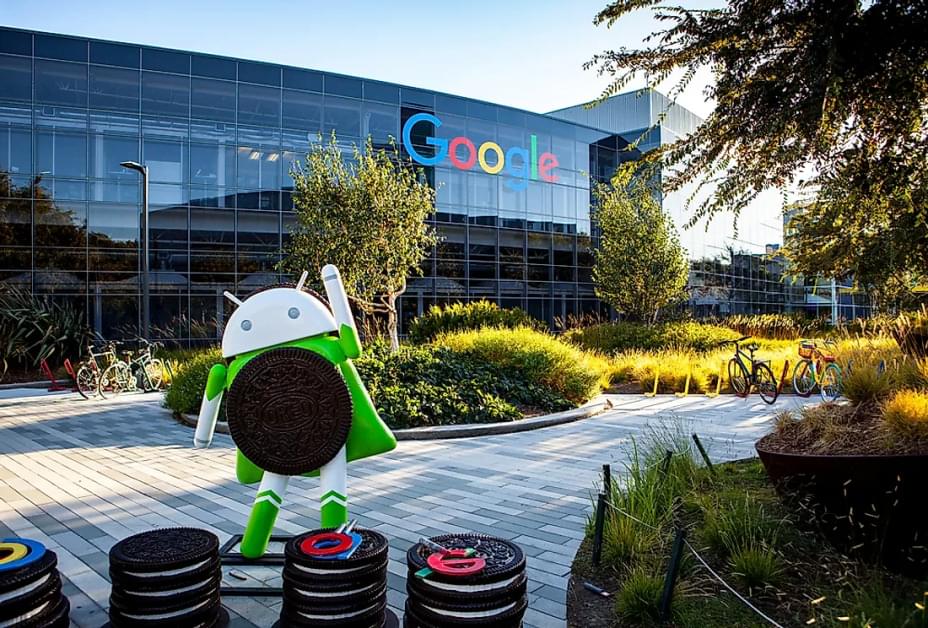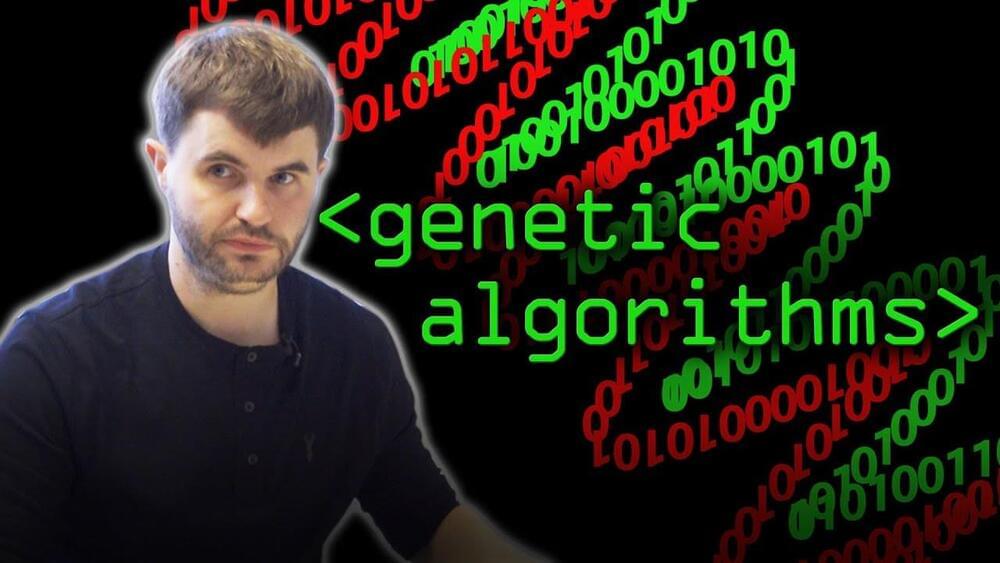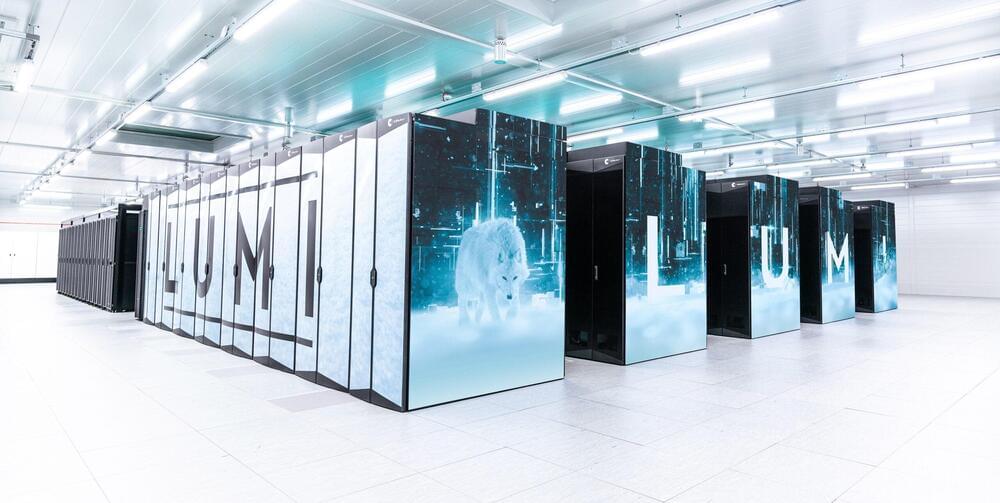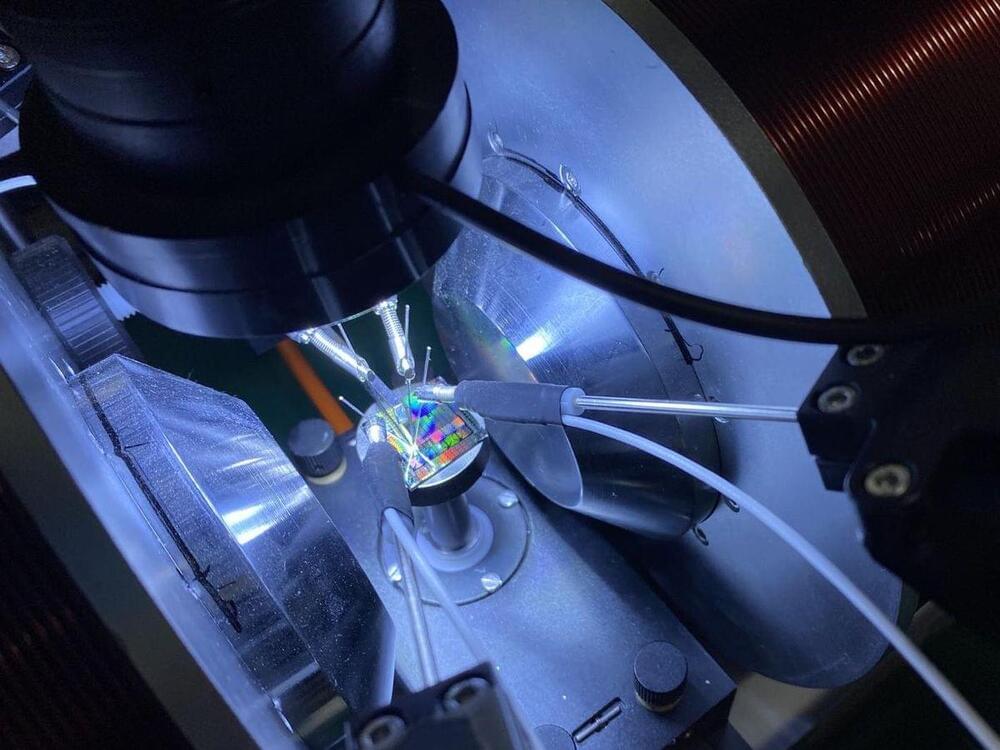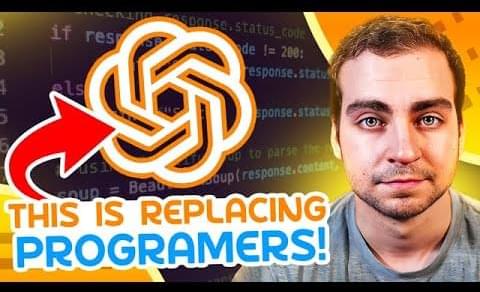Dec 12, 2022
What Is SEO? Reverse Engineering Google’s AI
Posted by Kelvin Dafiaghor in categories: information science, robotics/AI
Search Engine Optimization (SEO) is the process of optimizing on-page and off-page factors that impact how high a web page ranks for a specific search term. This is a multi-faceted process that includes optimizing page loading speed, generating a link building strategy, as well as learning how to reverse engineer Google’s AI by using computational thinking.
Computational thinking is an advanced type of analysis and problem-solving technique that computer programmers use when writing code and algorithms. Computational thinkers will seek the ground truth by breaking down a problem and analyzing it using first principles thinking.
Since Google does not release their secret sauce to anyone, we will rely on computational thinking. We will walk through some pivotal moments in Google’s history that shaped the algorithms that are used, and we will learn why this matters.
